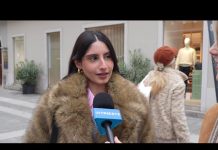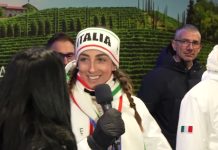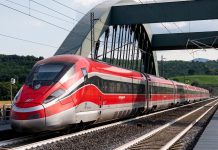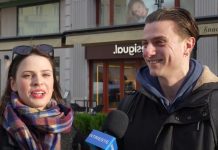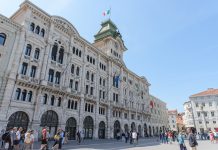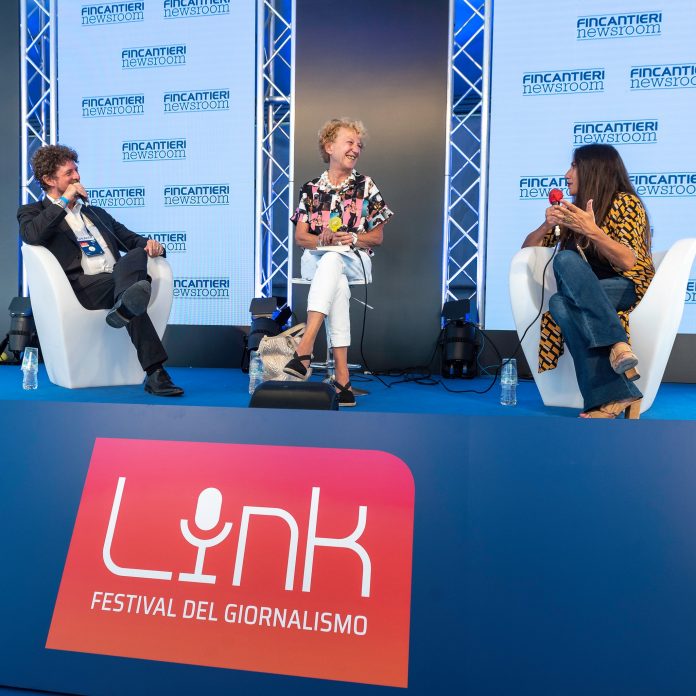by In Trieste
This Sunday, 5 September, Link Festival opened with a talk on environmental sustainability and climate change.
Raffaella Mestroni from Ies magazine led the talk on climate change and sustainable ways of living with Edoardo Vigna from Corriere della Sera and Planeta 21 and Eliana Liotta, science writer and speaker.
Eliana Liotta: I’d like to start by saying that what we eat will save us and thus the planet. Has the food on my plate got anything to do with global warming? Are my lentils really connected to this summer’s torrid heat? The answer is yes and yes. FAO has powerful emissions data sets on agriculture and land use. Some two-thirds of the emissions from global food systems come from the land-based sector, comprising agriculture, land use and land use changes. There’s a clear overlap with a healthy diet and a good-for-planet kind of diet.
Raffala Mestroni: All that has been said about the climate change and it’s “nonexistence” made me think of the “no covid” propagada.
Edoardo Vigna : I definitely think that the anti-vax movement follows the climate change denial. The world of economy was not excited about the eco friendly objectives due to the costs they involved. Since the costs to become “green” were relatively high, many hoped that climate change was just an illusion. These days everyone realizes the need to become “green”. For example, Black Rock only invests in the firms that are dealing with climate change. Sustainability is definitely one of the most used words nowadays.
Eliana: Every time I hear the word sustainabily I think of Kundera’s book The Unbearable Lightness of Being. It’s difficult to use this term, but we need to realize how important it is. Everything we do impacts our planet so we can’t continue being “light”. We need to realize the need to live responsibly. For example, biological agriculture and horticulture are a great start. In Singapore the fish is being made out of salmon’s cells, in Australia meat is made out of cow’s cells without suffering and thus ecologically. In the future we’ll be using technology to feed people.
Edoardo: The world of the post climate change is the world still to be built. We know nothing of that world. In the future many jobs will be connected to climate change and sustainability. But again, we still need to understand, discover and build it. If anyone asks what’s the world going to be like in 9 years nobody really has an answer to that and the pandemic made us realize how volitile and inconstant everything is.
Eliana: I agree. The way to help our planet is to maintain a predominantely vegetable diet. This doesn’t mean not eating meat. We need to change our thinking: what’s the seasonal fruit or vegetable that I can put on my table today? Legumes, for example, are the best thing for earth and pasta with legumes has the same amount of proteins as a stake does. The second thing is to choose unprocessed foods. Our body doesn’t recognize the processed foods and it reacts with inflamation and disease … If there’s a long list of ingredients on a packaging, whatever it might say, it’s obviously not organic or “bio”.
Edoardo: Whatever we do, it’s important not to be obsessive about it. We need to learn new ways and stick to them.


